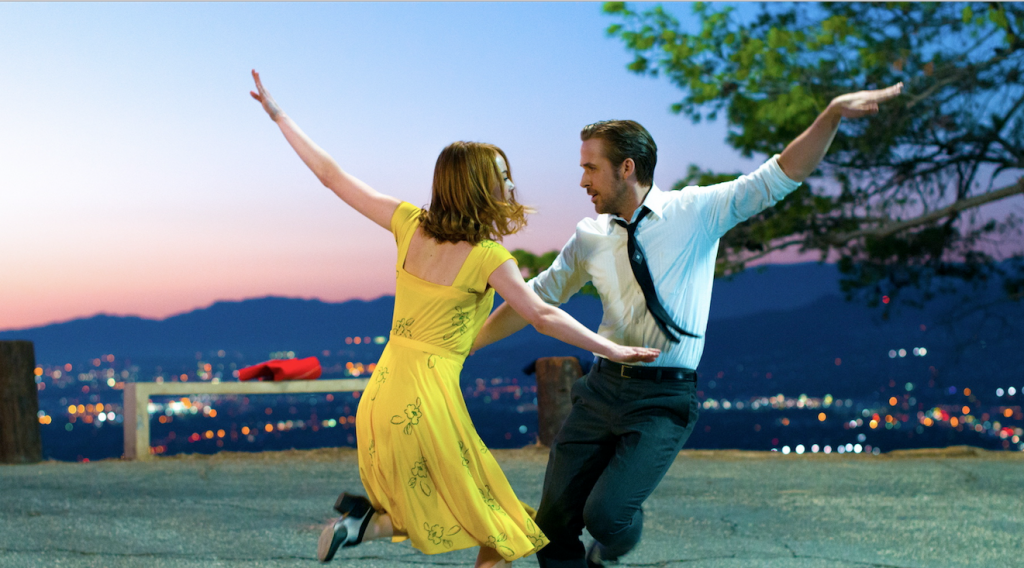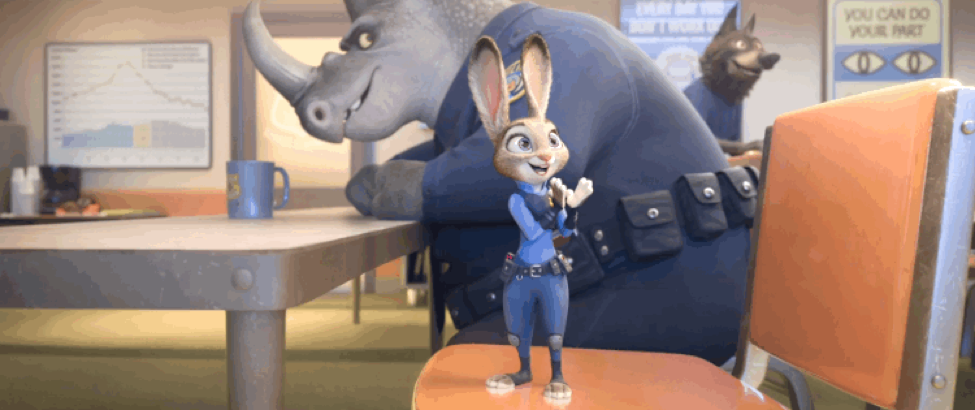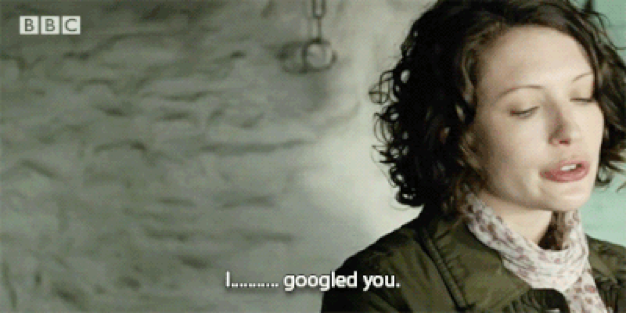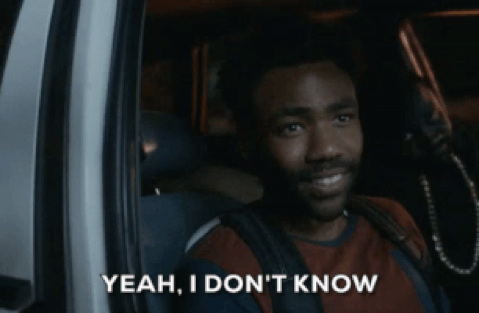
Five things we learned from the Golden Globe winners
Another year, another disappointingly hosted but politically explosive Golden Globes ceremony. We're just psyched La La Land got so many awards that we got to see the camera zoom in on Ryan Gosling again, and again, and again.
And this year's winners weren't just great pieces of cinematography. We spotted a couple of economic concepts in action too. Here's what we learned:
1. Big gambles can have high rewards.

An all-singing, all-dancing, musical extravaganza? People are way too cynical for that shit...right? Apparently not. Bringing back the old genre was a big risk for La La Land, and with a $30 million budget, there will have been a lot of fingers crossed that things weren't going to go screechingly badly. But it paid off in a big way: the film won seven prizes, breaking the record for the most Golden Globes. Lesson learned? Sometimes, it's worth taking a gamble if we know we can rely on good old-fashioned nostalgia and the desire for a happy ending to keep people coming back to the ticket office. A bit of Ryan Gosling tap dancing doesn't hurt too.
The animal kingdom's got equality down pat

If you haven't seen it, animated film of the year Zootopia is set in a mammal metropolis where all animals, predators and prey alike, live together in harmony – for the Brits, think the opposite of Planet Earth II. Being Disney, the animals are, of course, able-bodied workers with smart phones and cars. The mouse and the elephant, two animals with very different sizes and living costs (think how much more food and how much bigger a house an elephant would need than a mouse), are doing the same job, and are equally productive. But because their value to the employer is the same, so they earn the same amount. It seems like Zootopia really is an world – where everyone is paid the same, no matter what – rather than an equitable one, where equal pay is given for equal need.
Power games pay off

Spy novel turned sexy drama The Night Manager won big: Tom Hiddleston, Hugh Laurie, Olivia Colman all took home the Globe. If you haven't seen it (you should), it's about the alliance between the intelligence community and the secret arms trade. There’s trust, deceit, endless mind games… everyone trying to be a step ahead to predict the actions of everyone else. In economics terms, it's 'game theory' in action – which makes sense, seeing as this was a real technique used in the Cold War to get to grips with the nuclear threat.
Fake it til you make it

Atlanta, winner of best series, follows two cousins trying to break into the Atlanta rap scene. They’ve got to live up to the expectations of a lifestyle that assumes they’ve got much more money than they do – even with very little fame. In the words of Atlanta’s aspiring rap artist Paper Boi, “most of this rap shit is appearances”. It’s the struggle of presenting your best side, so you look successful, so you can make money your image deserves. In other words, you're investing in your 'social capital' – your value in other people's eyes, rather than in your actual skills... which in a world of social media, is almost just as important.
..but if you're gonna make it, go all out.

Okay, so it's not all about image – like Sarah Paulson taught us with her stellar portrayal of prosecutor Marcia Clark in The People v OJ Simpson. The woman was so dedicated to the role she wore the same perfume as Marcia did during the trial. That's real capital – the skills and investments you make into your labor to shoot you to the top of the market, and onto the stage. So yes, fake it til you make it... but once you've got people's eye (or their noses), the devil is in the detail.



